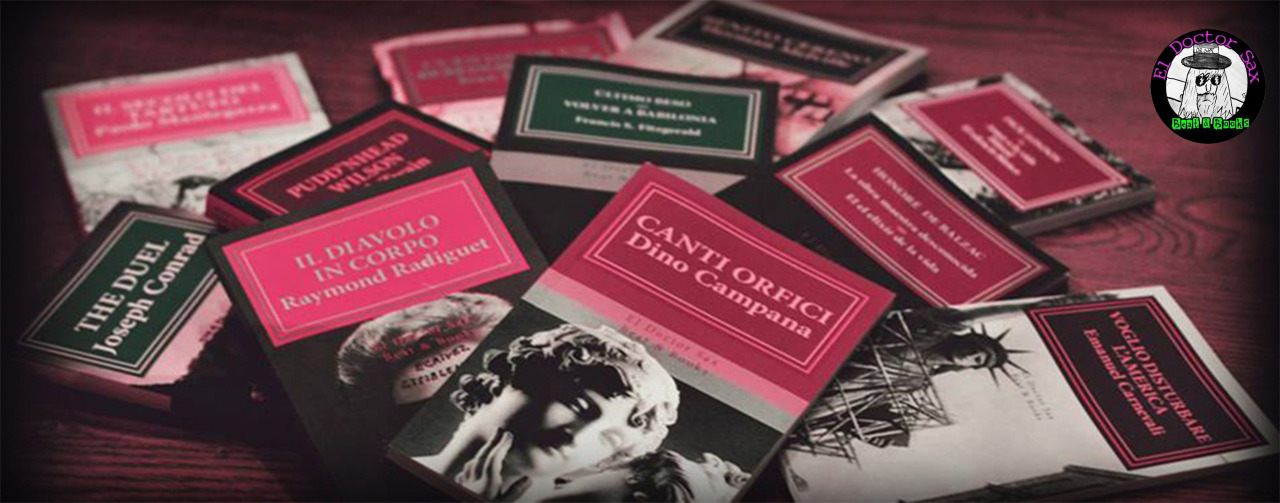Emanuel Carnevali (1897-1942) was born in Florence, Italy, and immigrated to the U.S. just before World War I. He held a series of menial jobs in New York City before joining literary circles whose ranks included William Carlos Williams, Ezra Pound and Robert McAlmon. Though Carnevali rose to prominence partly by disparaging older, established poets such as Williams and Ezra Pound, Williams praised Carnevali for being “wide, Wide, WIDE open. He is out of doors. He does not look through a window.” In his poetry and prose, Carnevali prized immediacy of expression and vivid depictions of suffering. In 1919, Harriet Monroe invited Carnevali to become editor of Poetry, a position he held for six months. While in Chicago, Carnevali became seriously ill with encephalitis lethargica, a disease that caused him to shake uncontrollably. He was hospitalized and eventually returned to Italy, where he kept up correspondences with Williams and Boyle until his death in 1942. Carnevali was a man of two worlds, Italy and America, and his slightly primitive but fluent English is supplemented by the verve of his native tongue.
Italy is a little family;
America is an orphan
Independent and arrogant,
Crazy and sublime,
Without tradition to guide her,
Rushing headlong in a mad run which she calls progress.
Tremendously laborious America,
Builder of the mechanical cities.
But in the hurry people forget to love;
But in the hurry one drops and loses kindness.
And hunger is the patrimony of the emigrant.
Emanuel Carnevali


















